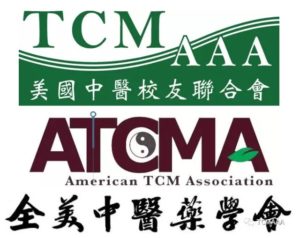
To our patients with fever / respiratory symptoms:
Currently, cases have been reported of community transmission in the U.S. with confirmed COVID-19 infection, which raises a lot of concerns in our patients. Here are our recommendations:
If you have NOT traveled to an area of the world with sustained community transmission of COVID-19 within 14 days and you are symptomatic, YOU SHOULD FOLLOW the same steps that you would take if you thought you had the flu. This includes staying home from work / school, unless you feel that you need medical attention.
If you HAVE traveled to infected areas, or had contact with someone who has, and you feel sick within a 14 day period with a fever, cough, or shortness of breath, you should call your primary doctor’s office, urgent care clinic, or emergency department BEFORE GOING and tell them of your recent travel and symptoms. They can help make decisions about evaluating your condition and when and where this should be done.
– KEEP UPDATED w/
American TCM Association
TCMAAA
Prevention is the key to avoid being exposed to coronavirus disease 2019 (COVID-19)
There is no vaccine for this virus so far. CDC recommends everyday preventive actions to help prevent the spread of respiratory diseases, including:
- Avoid close contact with people who are sick.
- Avoid touching your eyes, nose, and mouth.
- Stay home when you are sick.
- Cover your cough or sneeze with a tissue, then throw the tissue in the trash.
- Clean and disinfect frequently touched objects and surfaces using a regular household cleaning spray or wipe.
- Follow CDC’s recommendations for using a facemask.
- CDC does not recommend that people who are well wear a facemask to protect themselves from respiratory diseases, including COVID-19.
- Facemasks should be used by people who show symptoms of COVID-19 to help prevent the spread of the disease to others. The use of facemasks is also crucial for health workers and people who are taking care of someone in close settings (at home or in a health care facility).
- Wash your hands often with soap and water for at least 20 seconds, especially after going to the bathroom; before eating; and after blowing your nose, coughing, or sneezing.
- If soap and water are not readily available, use an alcohol-based hand sanitizer with at least 60% alcohol. Always wash hands with soap and water if hands are visibly dirty.
